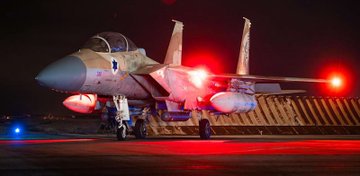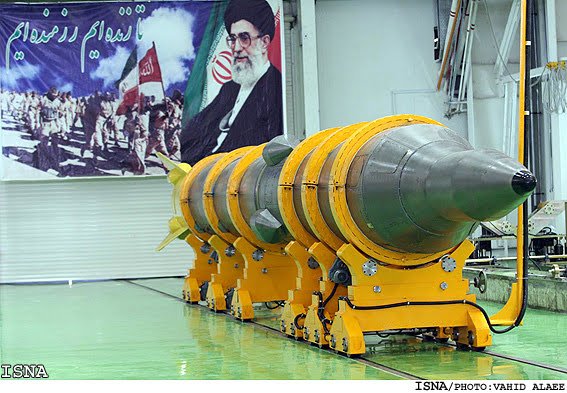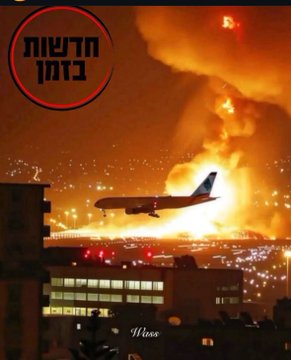In a significant escalation of the ongoing conflict between Israel and Iran, Israel launched targeted airstrikes on Iranian military sites early Saturday morning, responding to Iran’s ballistic missile barrage from October 1. These direct Israeli strikes underscore the tension building in the Middle East, prompting international leaders to call for restraint and diplomacy to avoid an all-out regional conflict. Here’s a detailed overview of the situation and its implications.


Israel’s Targeted Strikes on Iran
- Airstrikes Initiated: Israel’s strikes on Iranian military targets took place in the early hours of Saturday, targeting various military installations, including missile and drone production facilities.
- Primary Targets: Israel’s airstrikes focused on missile manufacturing sites, aerial defense systems, and military bases. However, they deliberately avoided Iran’s nuclear and oil infrastructure in response to recommendations from U.S. allies.
- Casualties and Damage: According to Iran, the attacks resulted in two soldiers killed and limited damage. Iranian state media reported loud explosions across Tehran, with air defense systems intercepting some of the Israeli projectiles.


The Build-Up to Israel’s Retaliation
The latest military exchange between Israel and Iran is rooted in a series of recent hostilities:
- Iran’s Initial Attack: Iran launched its first direct missile and drone assault on Israeli military and civilian targets on October 1 in response to Israeli actions in Lebanon and Syria, killing several high-ranking allies.
- Series of Escalations: Prior incidents include attacks on both Hezbollah leaders and Iranian Revolutionary Guard Corps commanders, significantly increasing tensions between the two nations.
Diplomatic and Military Reactions
Israeli Response Strategy
- Warning to Iran: Before launching the strikes, Israel reportedly communicated its intentions to Iran through diplomatic channels, warning against retaliation. This message was an attempt to contain the situation and prevent a broader conflict.
- Global Reaction: U.S., UK, and European leaders, including German Chancellor Olaf Scholz and UK Prime Minister Keir Starmer, acknowledged Israel’s right to self-defense but urged both sides to avoid further escalation.
International Diplomatic Efforts
- U.S. Influence on Israeli Response: According to U.S. officials, President Joe Biden advised Israel on a proportionate response to deter retaliation, reinforcing U.S. influence over Israeli strategy.
- Continued Diplomatic Pressure: The United Nations, France, and Switzerland joined the appeal for de-escalation. France warned of the “extreme tension” in the region, while Germany noted Israel’s measured approach in aiming to limit civilian casualties.


Broader Regional Implications and Global Concerns
The strikes, while focused, are likely to increase the overall instability in the Middle East:
- Impact on Middle Eastern Alliances: Iranian allies, including Hezbollah in Lebanon, expressed solidarity with Iran and condemned Israel’s airstrikes as aggressive. Hezbollah reportedly responded with rocket fire targeting northern Israel, marking a dangerous escalation.
- Concerns of Further Conflict: Both Iran and Israel have indicated a readiness to defend their respective positions, leading to fears of a prolonged military standoff.
| Country/Group | Position/Response |
|---|---|
| U.S. | Urged a proportional Israeli response; on alert to support Israel if Iran retaliates |
| Iran | Condemned the strikes, asserting its right to self-defense; reported “limited damage” but is preparing for potential retaliation |
| Hezbollah | Fired rockets at Israel following the airstrikes, indicating support for Iran |
| France & Germany | Called for restraint, highlighting the potential for wider escalation |
| India | Expressed concern over the escalating conflict and reiterated the need for dialogue |
Future of Israel-Iran Relations: What’s Next?
This latest exchange represents a pivotal moment in the ongoing Israel-Iran conflict. Israel, while remaining vigilant, has signaled through diplomatic back channels its intent to prevent a full-scale war, even as it maintains a strong stance on self-defense. Iran, for its part, is under domestic pressure to respond without triggering a more extensive confrontation.
Key Takeaways:
- Israel’s airstrikes on Iranian military targets are a direct response to Iran’s October 1 attack, representing an escalation in hostilities.
- International calls for diplomacy have intensified, with global powers urging restraint to prevent a wider regional conflict.
- Iran’s next move will be crucial in determining whether the current tensions can be contained or escalate into a broader Middle Eastern conflict.
Both Israel and Iran appear cautious yet prepared, making diplomatic efforts even more critical to prevent further escalations in a volatile region.


